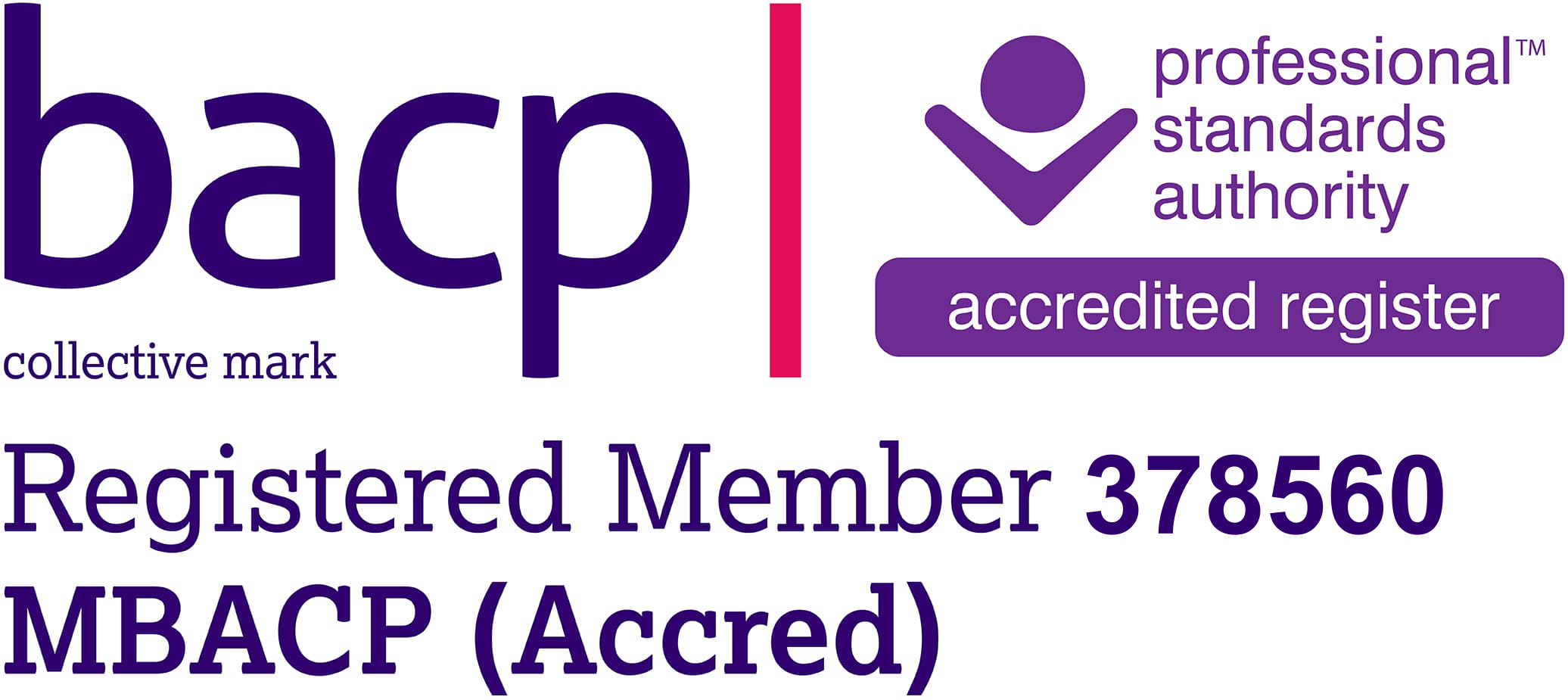Couples, Relationships & Family Issues Counselling
Relationships are one of the most important parts of our lives. When they are going well, they bring comfort, connection, and joy. But when problems arise, they can feel overwhelming and affect our mental health, work, and wider family life.
I work with both individuals and couples who want to explore and improve their relationships. While I don’t offer family therapy with multiple family members present, I do help clients with family-related challenges such as:
- Ongoing conflict or tension with relatives
- Difficulties with in-laws or blended families
- Feeling “stuck” in family roles or patterns
- The impact of family expectations or cultural pressures
- Managing family dynamics after separation, divorce, or loss
Couples counselling
Couples counselling provides a safe and supportive space where you and your partner can:
- Explore communication patterns and improve how you talk and listen to each other
- Work through recurring arguments or unresolved issues
- Rebuild trust after challenges such as betrayal or life stress
- Strengthen intimacy, emotional connection, and understanding
- Manage external pressures such as work, parenting, cultural, or family expectations
I use approaches that focus on helping couples communicate more effectively, understand each other’s needs, and work together as a team rather than against each other.
Individual counselling for relationship or family issues
Sometimes you may want to explore relationship or family concerns on your own. This might include:
- Struggling with the end of a relationship
- Managing loneliness, separation, or divorce
- Understanding patterns that repeat in your relationships
- Coping with family pressure, cultural expectations, or intergenerational conflict
- Building self-esteem and confidence within relationships
How therapy can help
Whether you come as a couple or an individual, therapy can help you:
- Gain clarity about your needs and emotions
- Break unhelpful patterns in communication or behaviour
- Develop healthier ways of relating to your partner or family
- Improve confidence and self-esteem in relationships
- Create boundaries that protect your wellbeing
Getting Started
If you are facing difficulties in your relationship or within your family, you don’t have to face it alone. Counselling can offer new perspectives, tools for change, and a safe place to explore sensitive issues.
I offer both in-person sessions in Rickmansworth (WD3) and online counselling, making it easier to find support that works for you.
What is Systemic therapy?
Systemic therapy is a form of psychotherapy that focusses on understanding and addressing problems in the context of relationships, social networks, and broader systems (e.g. workplace) rather than viewing issues as solely residing within an individual. It helps people explore and understand patterns of interaction and communication with partner, friends, colleagues and family dynamics, whilst taking into account the cultural background, power structures, and life transitions, that contribute to emotional and behavioral challenges. Instead of labeling someone as "the problem," clients and therapists work together to explore how systems influence each other, examine how recurring patterns of communication and behavior contribute to difficulties and create space for change.
Familiar arguments and unspoken tensions may sometimes leave you feeling stuck in your relationships. Avoiding sensitive issues may seem easier than facing the discomfort, but just like a physical wounds, ignoring these problems only allows them to worsen over time. It's important to remember that sensitive issues are like wounds, if we ignore them to avoid the pain, they will only worsen over time impacting negatively on our relationships, our emotional and physical health. Look at the "blogs" tab and below to learn about how Systemic therapy can help.
How can Systemic therapy help?
- Improves Relationships: Helps families, couples, and groups communicate better and solve conflicts. It helps to imrove communication and understanding within relationships. It can therefore be applied in diverse settings from personal relationships to workplaces.
- Builds Understanding: Encourages people to see different perspectives and understand each other’s feelings.
- Supports Change: Helps individuals, families, couples and groups navigate conflict in a constructive way and find new ways to handle challenges and improve their well-being. It supports individuals in recognising and reshaping negative interaction patterns.
- Works for Many Issues: It encourages personal growth and emaotional wellbeing within relational sontect and is also useful for anxiety, depression, family struggles, work-related stress, and more.
Systemic therapy is not about blaming anyone, it’s about working together to create positive change. This approach is commonly used in family therapy, couples therapy, and organisational settings, helping people recognise and shift unhelpful relational patterns. It can also be helpful for issues like communication breakdowns, conflict, anxiety, depression, trauma, and life transitions, especially when these are tied to relationship dynamics.
What is Transactional Analysis (TA) ?
Transactional Analysis (TA) helps people understand themselves and their relationships by analysing their interactions with others. It can help improve communication and relationships, understand emotional triggers and reactions, shift limiting beliefs formed in early life and build self-awareness and healthier patterns of behaviour.

